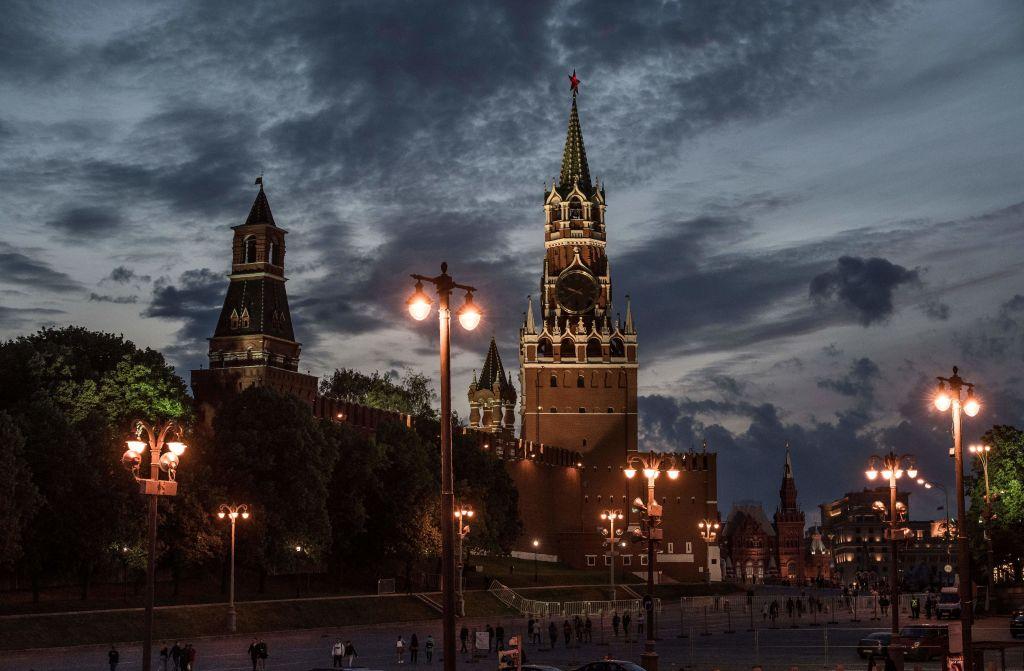The unproven narrative that President Donald Trump colluded with Russia to influence the 2016 elections has all the hallmarks of a classic Russian disinformation campaign, says a leading expert.
“It does seem to fit with some of the crazy ideas that have come from the high levels within the Russian government,” said law professor Ronald Rychlak, who co-authored the book “Disinformation” with Romanian defector and former three-star general Ion Mihai Pacepa. Although, Rychlak said, there is a small chance it was a “harebrained scheme” from a couple of rogue officials.
The Trump–Russia collusion theory is based heavily on a debunked dossier from Fusion GPS, an opposition research company.
It was a nice way to sort of throw a monkey wrench into the American system— to make Americans doubt, and to discredit the whole system.





